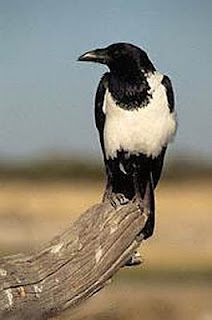What, then, is Authentic Self?
Dialogues of Love, Grief, & Survival Beyond Death — 21st Century Reports from the Afterlife through Contemplative, Intuitive, & Physical Mediumship.
 [First posted 10/2010]
[First posted 10/2010]"And yet, we do need skeptics. There are scientists who maintain a healthy measure of skepticism about skepticism, and remain open while questioning. This openness has led to emerging, revolutionary scientific models, such as R. A. White’s Experiential Paradigm.(1) Inspired in part by psychologist Abraham Maslow’s classic work on cognitive-being and his insights from what he called exceptional “plateau” or “peak” human experiences, White asserts that there’s a form of knowing that can only come from having been immersed in a particular experience. This means that the worldview of a medium can only be objectively analyzed after the analyzer has also subjectively experienced it. Mediumistic experiences often take place outside the constraints of space and time and therefore may pose serious challenges to those scientists who have always relied on such matrices in their laboratories. (p. 33)One might not see evidence of mediumship anywhere, if not seeing and discerning the evidence with the eyes and mind of a medium.